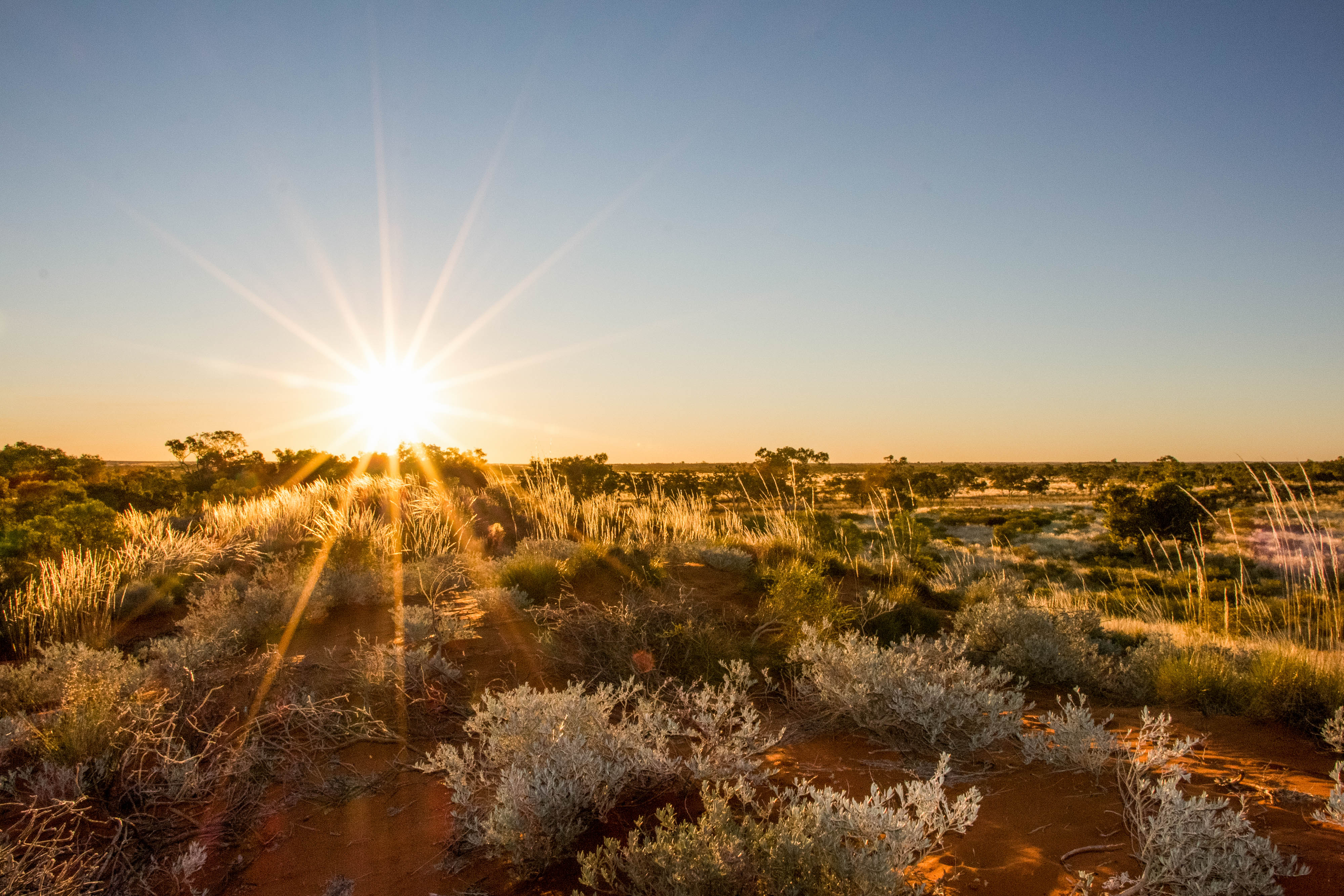Working with Indigenous Australians for conservation
Supporting Indigenous people to manage their land for conservation.

For tens of thousands of years, Indigenous Australians managed the land. They hunted, gathered food, lit fires and fished in the ocean and rivers. Coming off the land after European settlement caused not only huge cultural and social dislocation and difficulty for Aboriginal Australians, it also proved a disaster for conservation. Problems caused by changes to fire regimes were compounded by the devastation caused by introduced species like cats, foxes and camels.
Indigenous people in conservation around Australia
A revolution is quietly occurring across outback Australia, far from the eye of most Australians who live in urban areas. Indigenous Australians are returning to their lands to manage them for conservation and improve the lives of their families.
These rangers are supported by a variety of organisations including The Nature Conservancy and, in particular, the Australian Government. In places like Fish River Station, Martu Country and Fitzroy River region, Indigenous Ranger programs are having a profoundly positive effect on people’s lives and achieving long-term environmental, economic and cultural benefits for people and Country.
It's not only outback Australia where The Nature Conservancy (TNC) is supporting Indigenous people. In the lower Murray-Darling Basin, a consortium led by TNC helped acquire a property named Gayini for its Traditional Owners represented by the Nari Nari Tribal Council. We’re helping conserving precious wildlife and protecting significant cultural heritage over this vast 87,816 hectare property.
People and nature living in harmony
Indigenous ranger groups conduct a wide variety of conservation activities including fire programs, weed and feral animal control, looking after cultural heritage sites such as waterholes, burial grounds and protecting threatened species such as the Greater Bilby, Purple-crowned Fairy-wren, Northern Quoll and Australian Painted Snipe.
Working in this way keeps traditional knowledge and culture alive, makes the conservation work more successful and helps the transfer of knowledge from elders to young people.
We are proud to continue supporting Indigenous Rangers through a number of our projects including Healthy Country Planning.
Ranger teams are living proof that nature needs people as much as we need nature.
We would like to acknowledge the Traditional Custodians of the Land we help to conserve and pay respect to the Elders both past and present.
Wildlife Traditional Owners help protect




Get the latest updates on our work
Find out how we're helping to conserve Australia's iconic natural landscapes and crucial wildlife habitats.




